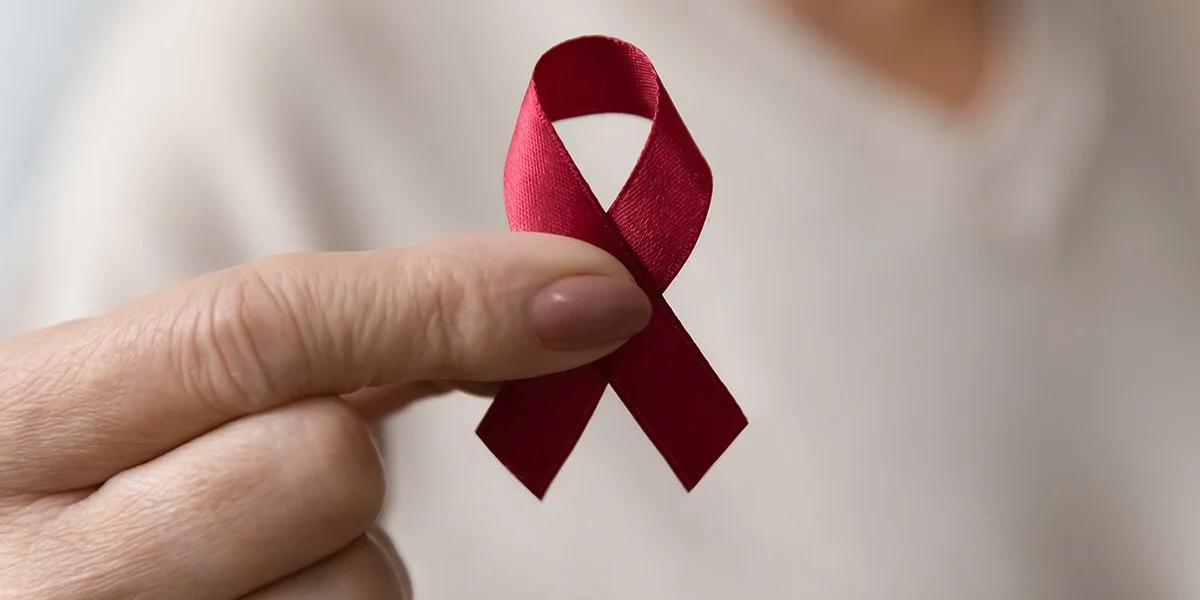
Breast Cancer Awareness: What You Should Know
The risk of developing breast cancer increases as we age. Get to know the facts during Breast Cancer Awareness Month.
October is Breast Cancer Awareness Month. This month reminds us how important it is to learn, prevent, and support each other in the fight against this disease. While breast cancer can affect people of all ages, the risk increases as we get older. That’s why it’s important for older adults to stay informed and take steps to protect their health with regular check-ups.
Understanding Your Risk
As we age, the chances of developing breast cancer increase. Most breast cancer cases are found in women over 50.* Factors such as family history, lifestyle choices, and overall health can also impact your risk. Knowing your risk factors can help you take steps toward early detection and prevention.
Early Detection Saves Lives
Regular screenings are key to catching breast cancer early when it’s most treatable. Doctors recommend annual mammograms for women over 40 to aid in the early detection of breast cancer. If you haven’t had a mammogram recently, now is a great time to schedule one. Be sure to perform self-exams regularly and report any unusual changes to your doctor.
The Importance of Screenings for Seniors
Women over 65 are nearly 41% of all new breast cancer cases in the U.S.† Many people assume that breast cancer is only for younger women, but that’s not true. Older women are at higher risk. That’s why regular breast cancer screenings are critical to protect long-term health.
Medicare Coverage for Breast Cancer Screenings and Treatments
If you are enrolled in Medicare, you have access to essential screenings and treatments that can help detect and fight breast cancer at an early stage. Medicare covers several preventive screenings and necessary treatments.
Screening Mammograms are covered once every 12 months for women ages 40 and older. You don’t pay anything if your doctor or other healthcare provider accepts Medicare. If medically necessary, Medicare also covers diagnostic mammograms more frequently, but you will pay 20% of the Medicare-approved amount after you meet your Part B deductible.
Medicare may cover certain necessary treatments when breast cancer is detected. Some surgeries like mastectomies and lumpectomies, as well as chemotherapy, radiation, and immunotherapy therapy, may be covered under Part B or Part D.
Visit Medicare.gov to see a complete list of covered services.
Medicare Advantage for Breast Cancer Screenings and Treatments
Medicare Advantage plans, like those offered by Clover Health, must include at least everything that Original Medicare (Parts A & B) does. However, they often offer additional benefits when it comes to cancer coverage. There could be different rules and costs for services and treatments depending on the plan. It’s important to review the plan benefit details to see what is covered under each plan opinion. You should review to make sure where you want to receive treatment, and the services and treatments you need for your treatment will be covered.
Thyme Care
At Clover, we partnered with Thyme Care to provide 24/7 support for our members who have been diagnosed with or have a suspicion of cancer in New Jersey and Georgia. Members are assigned a team of oncology nurses and resource specialists at no added cost to help them navigate their cancer journey.
Benefits of Thyme Care:
- Offering oncology appointments within two business days with oncology providers.
- Help with a range of services such as behavioral health support, transportation, grants, and more.
- Coordinating with all your providers and services to make sure everyone is informed and up to date on your treatment.
Healthy Habits for Prevention
While not all cases can be prevented, a healthy lifestyle can help lower your risk, according to the Mayo Clinic.** Here are a few simple ways to support your breast health:
- Eat a balanced diet that includes fruits, vegetables, and whole grains. Some research shows eating a Mediterranean diet may lower your risk of breast cancer.
- Exercise like walking or stretching can help you get to a healthy weight, which is important for breast cancer prevention.
- Limit alcohol intake, as excessive drinking can increase your risk. It’s wise to consume alcohol in moderation.
- Avoid smoking, which has been linked to higher breast cancer rates.
- Limit hormone therapy after menopause, which can raise your risk. Talk to your doctor about the potential risks and benefits of hormone therapy.
Support is Available
If you or a loved one has been diagnosed with breast cancer, you’re not alone. Many organizations offer support, including financial assistance and emotional guidance. Additionally, local senior centers and community groups may offer programs focused on older adults facing this diagnosis.
Take Action Today!
Breast Cancer Awareness Month is a great time to schedule your screenings and check in on your health. Remember that early detection saves lives.
-
Looking for more lifestyle tips? Explore our latest blogs for practical tips to make healthier choices and get the most from your Medicare benefits.
Don’t forget to follow us on Facebook for updates and additional resources!
Sources:
*CDC
†National Library of Medicine
•• Mayo Clinic
Y0129_25EX006S_C


